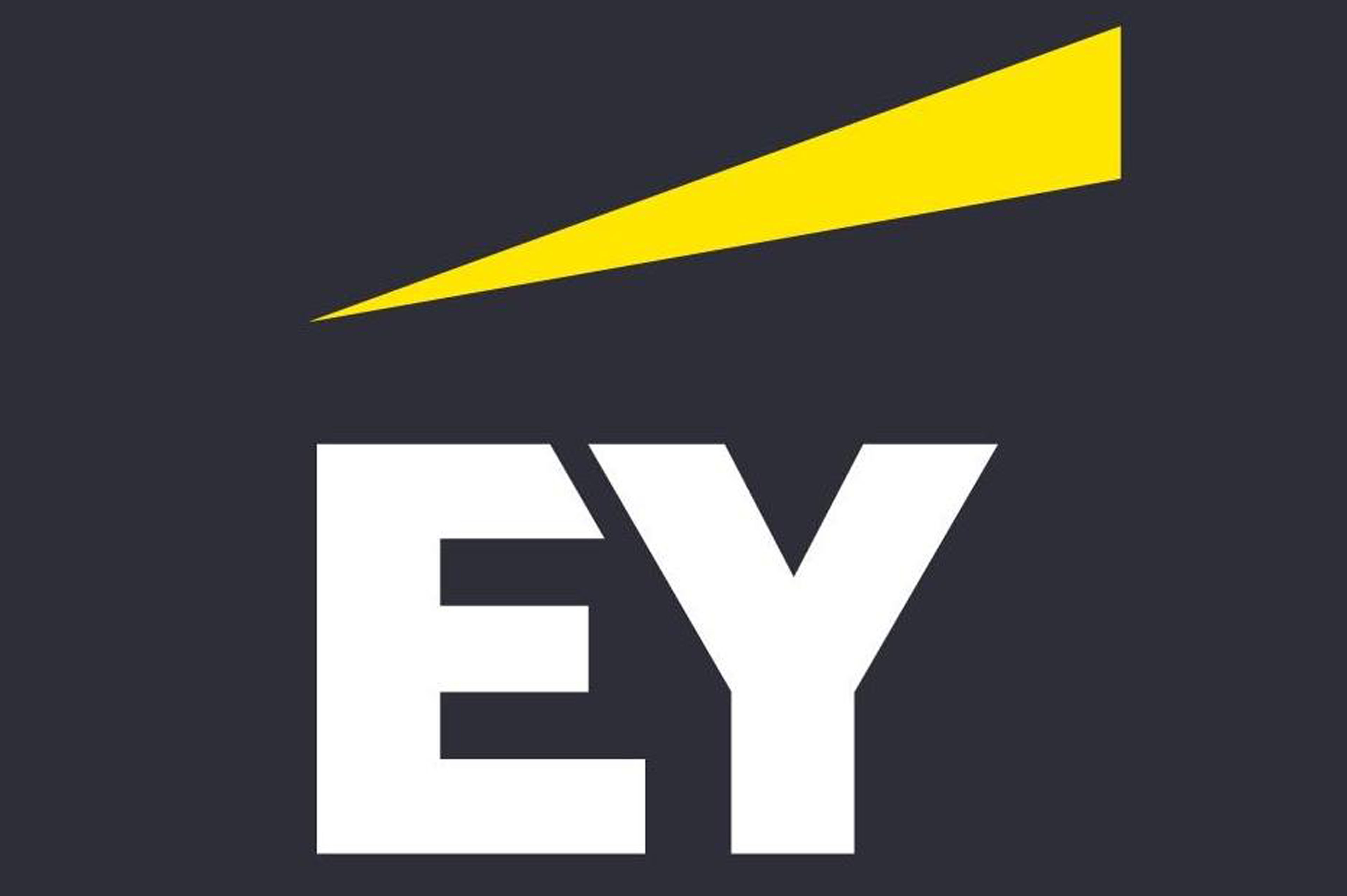EY se refiere a la organización global, y puede referirse a una o más, de las firmas miembro de Ernst & Young Global Limited, cada una de las cuales es una entidad legal independiente. Ernst & Young Global Limited, una compañía británica limitada por garantía, no brinda servicios a los clientes.

As a result, among others, from the reforms to the Federal Fiscal Code and the Rules of the Miscellaneous Tax Resolution for 2022, as of January 2022, legal entities, trustees, settlors or beneficiaries, as well as any other contracting or integrating parties , in the case of any other legal form, shall undertake the obligation to collect, preserve, verify and maintain updated, as part of their accounting records, the information corresponding to their respective controlling beneficiaries and to keep said information available in case that the tax authorities requires it. Controlling Beneficiary is understood practically as any natural person or group of natural persons who participate in a legal entity, trust, or any other legal form.
In order to comply with the aforementioned legal provisions (i) legal entities; (ii) trustees, settlors or beneficiaries; (iii) contracting or integrating parties of any other vehicle or legal form other than legal entities or trusts; (iv) notaries; and (v) any other person involved in the execution of contracts or legal acts that give rise to the incorporation of legal entities or the execution of trusts or any other legal form, must implement internal control procedures, duly documented, to obtain and maintain, among others, the information that allows to:
- Identify, verify, and properly validate the Controlling Beneficiaries of legal entities, trusts or any other legal figure.
- Obtain, preserve and keep available the reliable, complete, adequate, accurate and updated information about the identity data of the Controlling Beneficiaries, as well as the documentation that supports it and the documentation evidencing the internal control procedures, including the one related to percentage of participation of the Controlling Beneficiaries in the capital of the legal entity, the relationship or chain of ownership of such participation in the event that the Controlling Beneficiary holds indirect ownership through other legal entities and the relationship or ascending chain of control, in cases where the Controlling Beneficiary holds the control indirectly through other legal entities, trusts or any other legal figure.
- Provide timely access to the tax authorities and grant them all facilities to access the information, records, data and documents related to the Controlling Beneficiaries.
For more information about this release, please contact the following professionals:
Carina Barrera Cota
Leonora Olmedo



